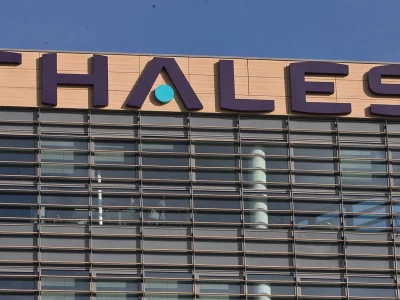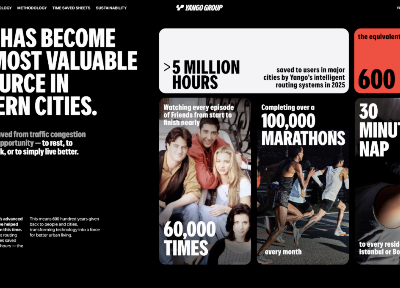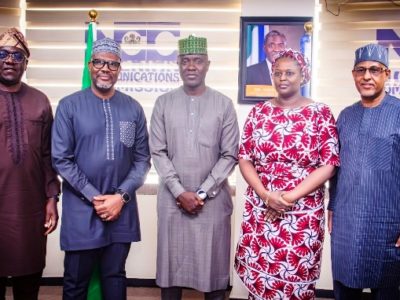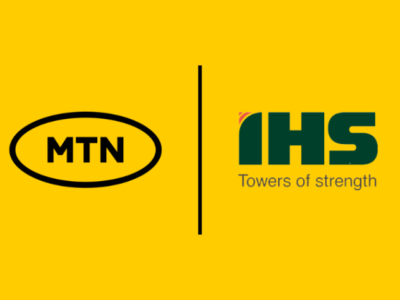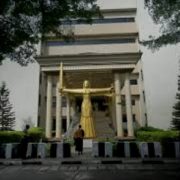Tech Giants Remove 28 Million Fake and Harmful Accounts
Google, LinkedIn and TikTok have collectively deactivated more than 28 million accounts linked to fraud, impersonation, and harmful online activities over the past year. This was disclosed by the Director General of the National Information Technology Development Agency (NITDA), Kashifu Inuwa Abdullahi. He spoke during a symposium on digital innovations in crisis communication.
RELATED: Facebook deletes 15 billion fake accounts in two years – Five times more than its active user base
The sweeping enforcement actions follow intensified collaboration between the Nigerian Federal Government and global technology companies. The collaboration operated under the 2024 Code of Practice for Interactive Computer Service Platforms. Nigeria is aiming to curb online harms, strengthen crisis communication, and build a safer digital environment for all citizens.
Breakdown of Account Deactivations
- Deactivated 9,680,141 accounts associated with online scams, impersonation and harmful content.
- Removed nearly 16 million accounts, a figure Abdullahi described as “outrageous” for a professional networking platform increasingly exploited for impersonation, social engineering, and fraud.
TikTok
- Implemented similar enforcement measures targeting fraudulent and harmful activity on the platform.
Harmful Content Takedown Statistics
In addition to account removals, more than 58.9 million pieces of harmful content were taken down across the three platforms within the same period.
- 58,909,000 pieces of content removed
- 420,000 posts reinstated after appeals or internal reviews
Abdullahi emphasized the importance of clear and transparent content moderation, noting that platforms must balance the removal of harmful material with the protection of minority voices and legitimate expression.
Strengthened Government–Tech Collaboration
He said the suspensions stem from ongoing partnerships between the Federal Government and major tech companies. These collaborations have also supported national initiatives such as the Nigeria Data Protection Regulation (NDPR). According to Abdullahi, the collaborations paved the way for the establishment of the Nigerian Data Protection Commission (NDPC).
The NITDA DG stressed that a consistent takedown and reinstatement process is crucial to avoid misuse by powerful actors. This would also be necessary to ensuring that harmful content is addressed swiftly:
“If content is not violating any laws in Nigeria, there is no way we can just say take it down.”
Digital Platforms and National Security
Over the last decade, digital platforms have become central to communication—while simultaneously enabling the spread of misinformation, extremist propaganda, and fraud. Agencies like NITDA, NCC, and NDPC continue to work with tech companies to enforce regulations that safeguard citizens and national security without stifling free expression.
The Minister of Information and National Orientation, Mohammed Idris, reaffirmed the government’s commitment to leveraging emerging technologies to strengthen crisis communication and protect public safety. Represented by the DG of Voice of Nigeria, Jibrin Ndace, the Minister warned that unregulated digital spaces can undermine national stability.
The Chairman of the Centre for Crisis Communication, Major General Chris Olukolade (rtd.), stressed that crisis communication has become a strategic national security tool, noting that modern crises evolve in real time and require rapid, reliable responses.



